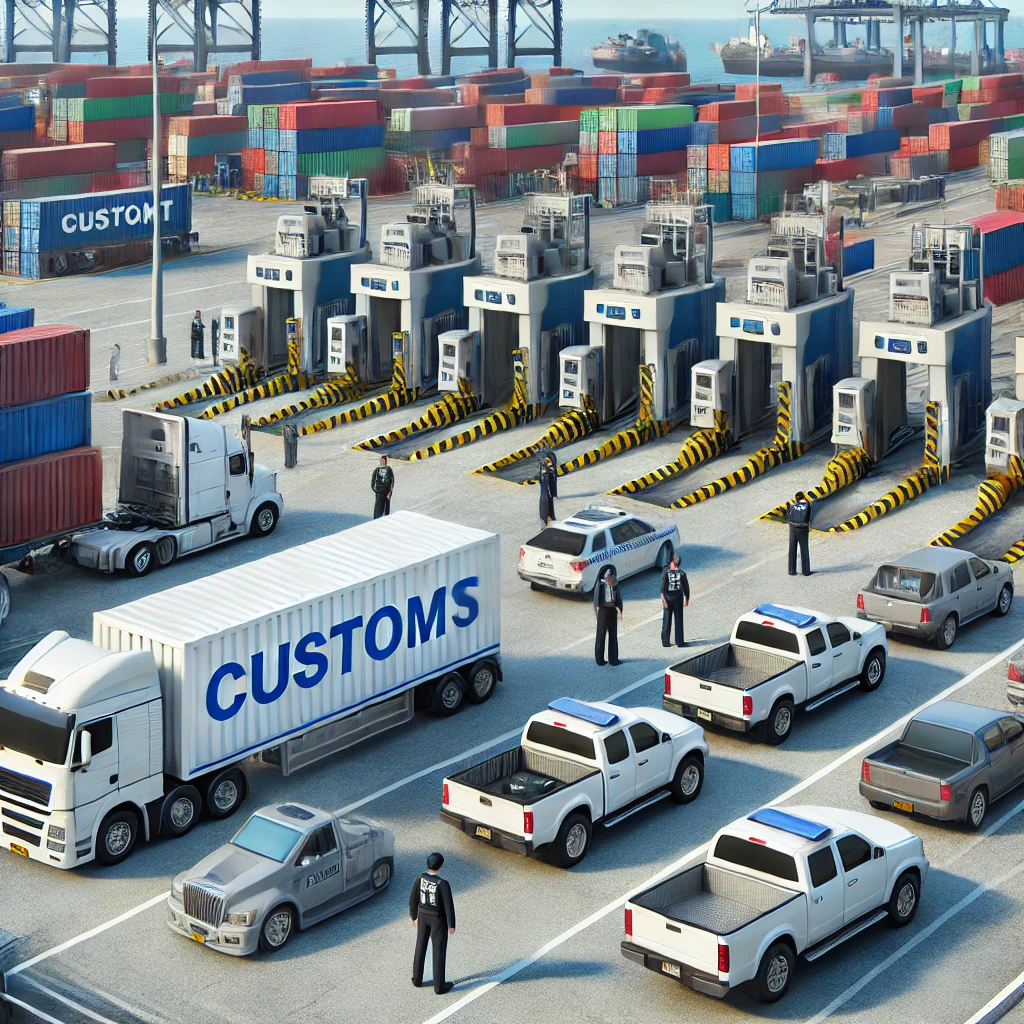Breaking Down Savannah Tracing
This article explores the key features of Savannah tracing, its practical applications, and why it is vital for companies engaged in global trade.

What is Savannah Tracing?
Savannah tracing refers to the process of tracking and monitoring cargo shipments moving through the Port of Savannah. It provides real-time visibility into shipments, ensuring that goods arrive on schedule and comply with all logistical and regulatory requirements.
Companies use Savannah tracing to enhance supply chain efficiency, reduce delays, and optimize inventory management, making it a critical tool in modern freight logistics.
Key Features of Savannah Tracing
- Real-Time Shipment Tracking
- Businesses can track their shipments in real time using online tracking systems and logistics platforms.
- Provides visibility into shipment status, including departure, transit, customs clearance, and delivery.
- Integration with Logistics Networks
- Savannah tracing connects with major transportation modes, including trucking, rail, and ocean freight.
- Helps businesses coordinate shipping operations and optimize delivery routes.
- Customs and Regulatory Compliance
- Ensures adherence to U.S. Customs and Border Protection (CBP) requirements.
- Helps businesses prepare the necessary documentation for import/export processes.
- Automated Notifications and Alerts
- Sends real-time updates on shipment movements, delays, and potential issues.
- Enables businesses to proactively address disruptions and minimize logistical bottlenecks.

Practical Applications of Savannah Tracing
- Supply Chain Optimization
- Helps businesses reduce transit times and streamline distribution processes.
- Improves inventory management by providing accurate delivery estimates.
- Enhanced Customer Service
- Companies can provide customers with precise delivery timelines and shipment updates.
- Reduces uncertainty in international and domestic freight operations.
- Risk Management
- Identifies potential disruptions such as weather delays, port congestion, or customs holds.
- Allows companies to implement contingency plans to mitigate risks.
- Freight Forwarding and Customs Brokerage
- Freight forwarders use Savannah tracing to track shipments and ensure compliance with trade regulations.
- Simplifies documentation management for customs clearance.

Why Savannah Tracing is Essential for Businesses
- Increases Operational Efficiency
- Reduces delays and enhances freight movement through better visibility.
- Improves coordination between shippers, carriers, and logistics providers.
- Cost Management
- Helps businesses avoid unnecessary storage fees, demurrage, and detention charges.
- Reduces costs associated with lost shipments or incorrect delivery estimates.
- Regulatory Compliance
- Ensures shipments meet import/export regulations, avoiding fines and delays.
- Helps businesses stay up-to-date with customs requirements and industry regulations.
- Competitive Advantage
- Companies that use Savannah tracing effectively can provide more reliable and faster shipping services.
- Helps businesses gain an edge in global trade by ensuring timely delivery and logistics optimization.
Challenges in Savannah Tracing
- Data Accuracy and System Integration
- Some tracking platforms may have outdated or incomplete data, leading to discrepancies.
- Integrating Savannah tracing with other supply chain software can be complex.
- Port Congestion and Delays
- High container traffic at the Port of Savannah can cause delays in shipment processing.
- Effective tracing systems help businesses anticipate and address these issues in advance.
- Cybersecurity Risks
- Digital tracking platforms must ensure secure data transmission to prevent cyber threats or breaches.

Best Practices for Effective Savannah Tracing
- Utilize Reliable Tracking Platforms
- Choose digital solutions that offer real-time updates, shipment visibility, and data accuracy.
- Analyze and Monitor Shipment Data
- Regularly review tracking reports to identify patterns and optimize logistics operations.
- Maintain Communication with Logistics Partners
- Work closely with freight forwarders, carriers, and port authorities to resolve issues proactively.
Conclusion
Savannah tracing is an essential tool for businesses, logistics providers, and freight operators who rely on the Port of Savannah for cargo shipments. By leveraging advanced tracking systems, companies can improve supply chain efficiency, enhance customer satisfaction, and ensure regulatory compliance. As global trade continues to grow, investing in reliable Savannah tracing solutions will be key to maintaining a competitive edge in the logistics industry.
